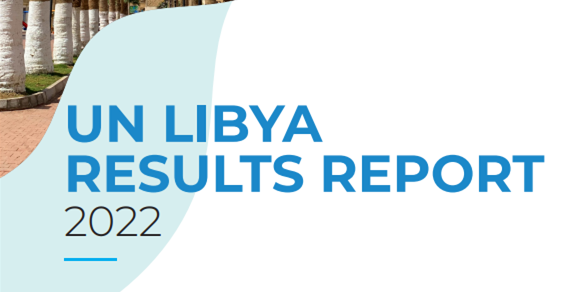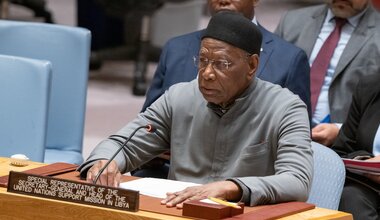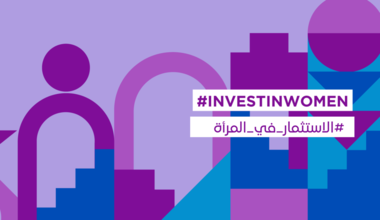Standing up for humanity: our only choice
Standing up for humanity: our only choice
Cairo, 5 May 2016 - Millions of people in the Middle East and North Africa are enduring intolerable human suffering. Widespread violence, conflict and extremism in Iraq, Libya, Palestine, Syria and Yemen are creating immense humanitarian needs, with the impact felt beyond these countries’ borders. Today, a staggering 55 million people in the region need humanitarian assistance to ensure their basic survival. In other words, millions of girls, boys, women and men do not know where their next meal will come from. They lack access to essential healthcare, whether to give birth safely, receive treatment for chronic illnesses or protect children from preventable diseases. They are unable to access safe water and ensure basic hygiene. Those displaced from their homes lack adequate shelter, sometimes forced to sleep out in the open.
Even more harrowingly, millions of families do not sleep at night worrying about where the next bomb or mortar might fall and whether their loved ones will be caught in the cross-fire between warring parties or bear the brunt of extreme violence.
We have a shared responsibility to end this tragedy and preserve people’s basic dignity. Our humanity demands no less.
On 23-24 May 2016, in Istanbul, we will be presented with a unique opportunity to act: the first-ever World Humanitarian Summit. In the lead up to the Summit, we consulted and listened to thousands of voices in the region. Their feelings and demands were clear: outrage at the staggering level of human casualties and suffering being witnessed and felt on a daily basis; disbelief in the lack of accountability for clear violations of international humanitarian and human rights law; disappointment in the humanitarian system for failing to support and strengthen local response capacity; and conviction that humanitarian aid cannot be a substitute for political action that addresses the root causes of people’s suffering.
We, the Humanitarian Coordinators of the region, call on global leaders to attend the Summit and make it a success. That means listening to the voices of the region and taking the bold decisions that will effect change. Leaders must assume their responsibility to find political solutions to end bloodshed, and prevent further suffering. States and other actors need to respect the rules of war and hold accountable those who do not.
Responsibility also lies with us, the humanitarian community. We commit to leaving no one behind; in other words, empowering and protecting the most vulnerable and treating all people with dignity. We accept the challenge of working differently so as to end the need for aid and handouts, build resilience and enhance the role and capacity of local responders.
As time ticks towards the Summit, it runs out every day for millions of affected people in the region. They have no choice. We do: humanity.
Lise Grande - Humanitarian Coordinator for Iraq
Edward Kallon - Humanitarian Coordinator for Jordan
Philippe Lazzarini - Humanitarian Coordinator for Lebanon
Ali Al Za’tari - Humanitarian Coordinator for Libya
Robert Piper - Humanitarian Coordinator for the occupied Palestinian territory
Yacoub El Hillo - Humanitarian Coordinator for Syria
Kevin Kennedy - Regional Humanitarian Coordinator for the Syria Crisis
Jamie McGoldrick - Humanitarian Coordinator for Yemen
Humanitarian Coordinators are responsible for leading and coordinating the efforts of humanitarian organizations (both UN and non-UN) to ensure that they are principled, timely, effective and efficient, and contribute to longer-term recovery.
For more information: www.worldhumanitariansummit.org
WHS media accreditation is open until 13 May 2016: www.worldhumanitariansummit.org/media
 United Nations Peacekeeping
United Nations Peacekeeping UN
UN






